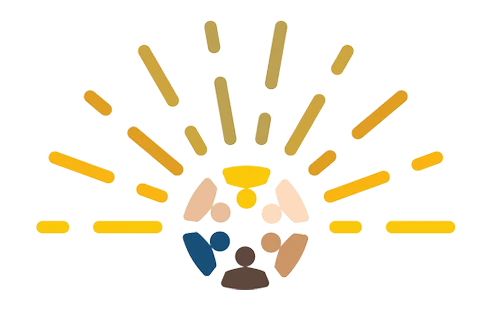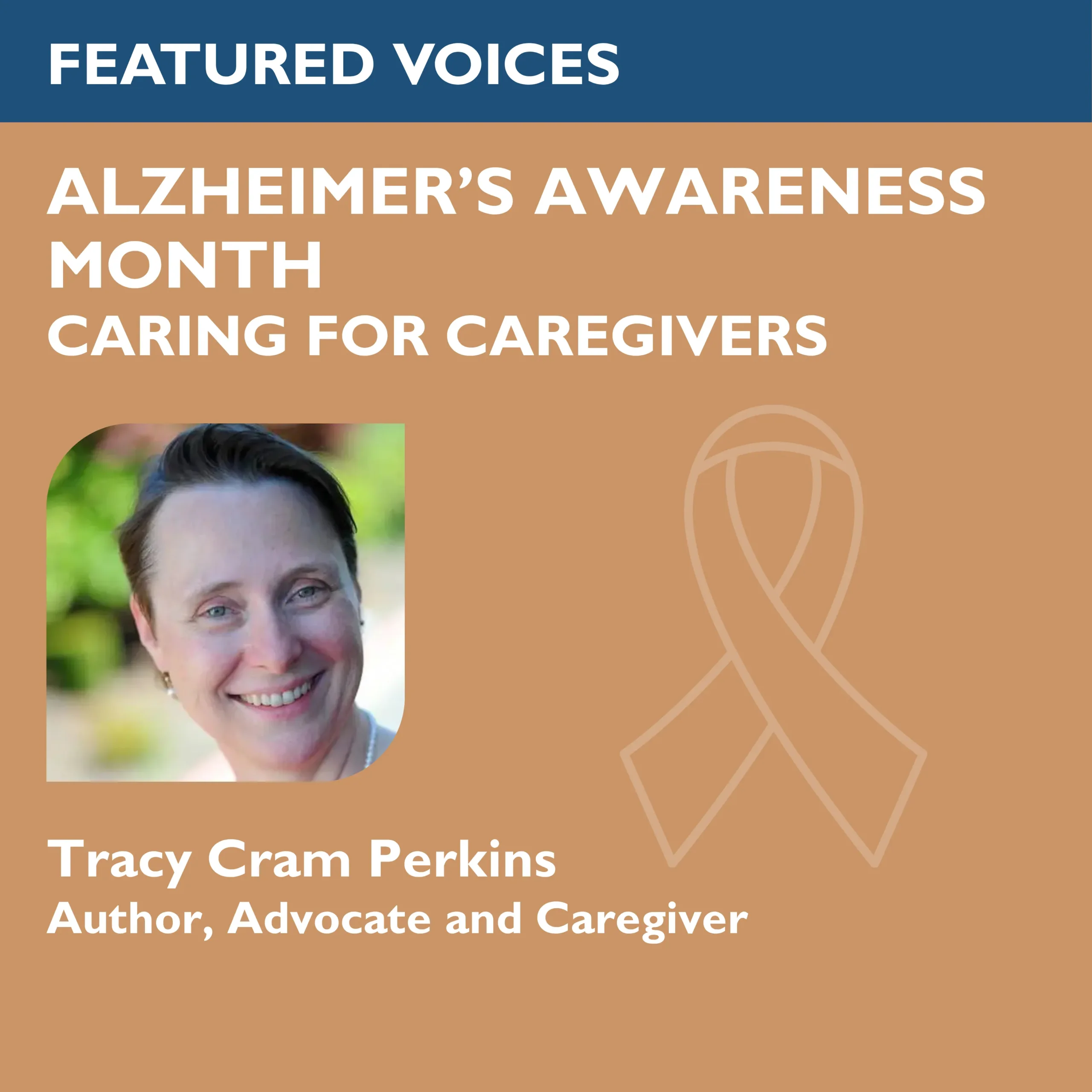
You Can Do This, But Not Alone
November is Alzheimer’s Awareness Month, a time to recognize the millions of families navigating the realities of memory loss and caregiving. But resilience in the face of Alzheimer’s isn’t just personal. It’s built through community, shared knowledge, support, and advocacy.
This month, we’re spotlighting Tracy Cram Perkins, a writer, advocate, and caregiver whose personal journey is helping others find their footing. Her story is a powerful reminder that caring for others isn’t a burden. It’s a community strength.
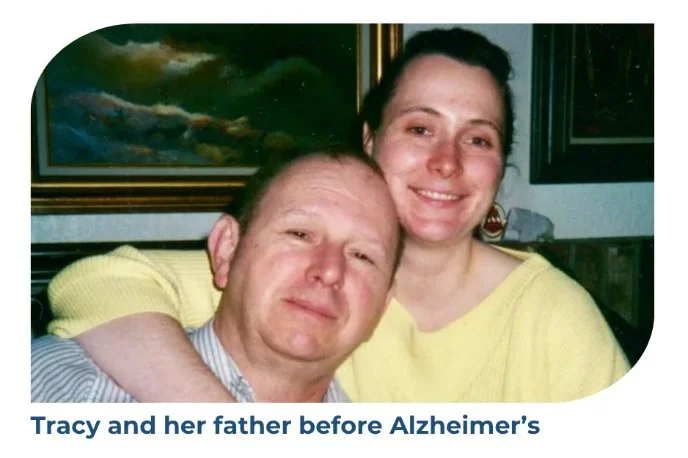
“Fine is spelled H-E-L-P.”
That’s how dementia care advocate and author Tracy Cram Perkins reframes the quiet cry of caregivers everywhere. When someone caring for a loved one says they’re “fine,” chances are they’re overwhelmed, exhausted and unsure how to ask for help.
This Alzheimer’s Awareness Month, we spotlight Tracy’s story not just to honor caregivers like her, but to underscore a truth we must confront as a society: caregiving should never be a solo act.
When Everything Changed
Tracy didn’t plan to become her father’s caregiver.
She was in her 40s, managing the usual stresses of life, when a panicked phone call from her sister changed everything. Their father, who was living with dementia, needed immediate help. Tracy stepped in, bringing him into her home and into every part of her life.
“I fell into it face first,” she says. “Nobody is born knowing how to do this.”
She believed she was prepared. She’d read the resources, made the space, and thought she’d created a dementia-friendly home.
“But on the first night, my dad ended up in the ER with hypothermia. I didn’t recognize the symptoms. I thought it was just dementia.”
It was a wake-up call, and just the beginning.
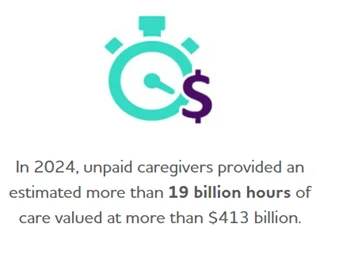
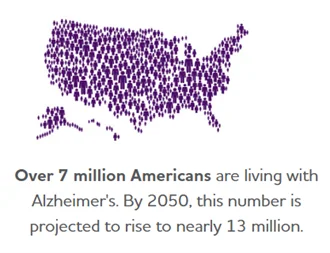
Source: Alzheimer’s Association: https://www.alz.org/alzheimers-dementia/facts-figures
You Don’t Know What You Don’t Know
Like so many family caregivers, Tracy discovered just how much she didn’t know.
“I found great books like The 36-Hour Day, but I was too tired to read them. I needed a quick guide—something that spoke in plain language and didn’t assume I had time or energy.”
What followed was a hard-won education:
- Her dad pulling towel bars and falling, because she didn’t yet know about installing grab bars.
- A crisis triggered by his reflection in a mirror, he thought a stranger was watching him.
- Episodes of aggression or fear set off by the news, lights, or changes in routine.
“He thought his favorite winter coat was full of poisonous gas because we’d just watched a segment on ricin,” she recalls. “We were supposed to be on our way to a doctor’s appointment. I had to help him hide the coat and pretend we sealed it away. Only then could we move forward.”
Caregiving Is a Community Responsibility
The definition of community resilience refers to the ability to prepare for, respond to, and recover from challenges together. And caregiving is one of the most overlooked resilience challenges facing families today.
Tracy’s experience reveals what’s often invisible: the emotional labor, the improvisation, the exhaustion, and the silence.
“We tell ourselves we can do it all. And we believe that lie…until we can’t.”
She urges communities and loved ones not to wait for caregivers to ask for help.
“If someone says they’re ‘fine,’ they probably aren’t. Offer something specific: ‘I’ll sit with your dad for an hour.’ ‘I’ll pick up your groceries.’ That kind of help is a lifeline.”
Tracy also warns:
“If you get respite care, you’ll outlast your loved one. If you don’t, there’s a good chance you won’t.”
Resilience Starts With Relief
Through her book Dementia Home Care, her trainings, and her online resource hub, Tracy has helped thousands of caregivers with practical, compassionate advice. But she always brings it back to basics:
“We are the safe place for our loved one,” she says. “To show up like that, we have to regulate ourselves first.”
She teaches techniques like box breathing, a simple, structured way to calm your nervous system in moments of overwhelm.
And she urges caregivers to prepare in advance:
- Get powers of attorney and medical paperwork in place
- Create medication binders or digital files
- Make a contingency plan in case something happens to you
“You can do this,” she says. “Just don’t try to do it all by yourself.”
Support a Caregiver This Month
This Alzheimer’s Awareness Month, here’s how you can make a difference in the life of a caregiver:
- Offer real help, not just well wishes
- Share resources like Tracy’s website
- Advocate for caregiver support in local community programs
- Normalize respite care and mental health breaks
Because Alzheimer’s affects more than memory. It touches families, communities, and the people quietly holding everything together. And when we care for caregivers, we are contributing to a supportive framework. Check out Tracy’s great resources here.
Want more stories like these? Sign up for our newsletter here.

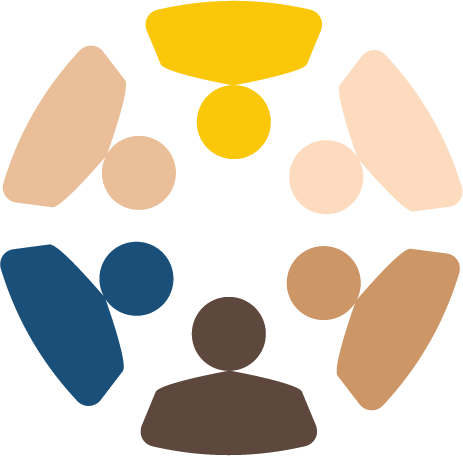 CHMRC Community Network
CHMRC Community Network